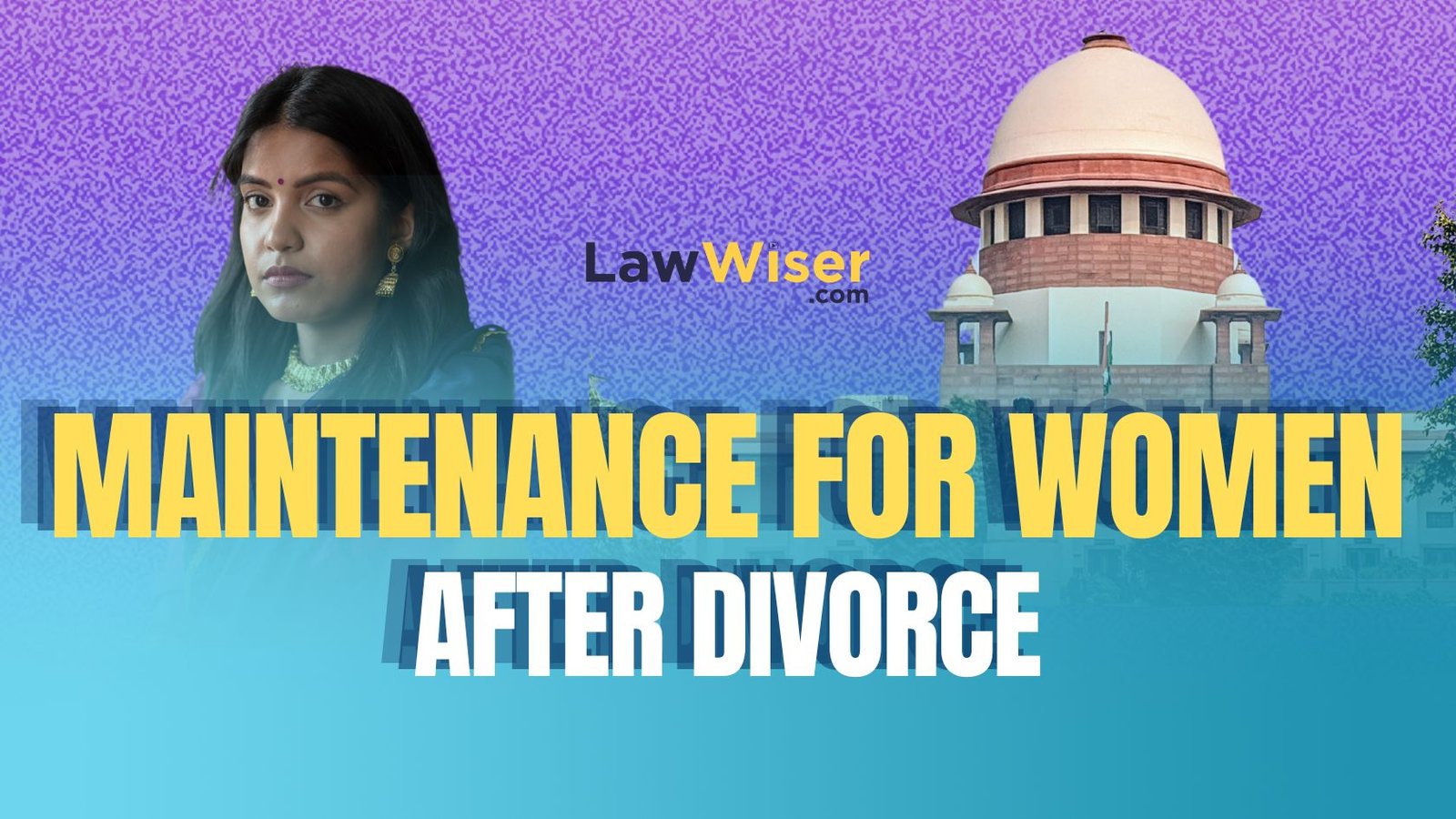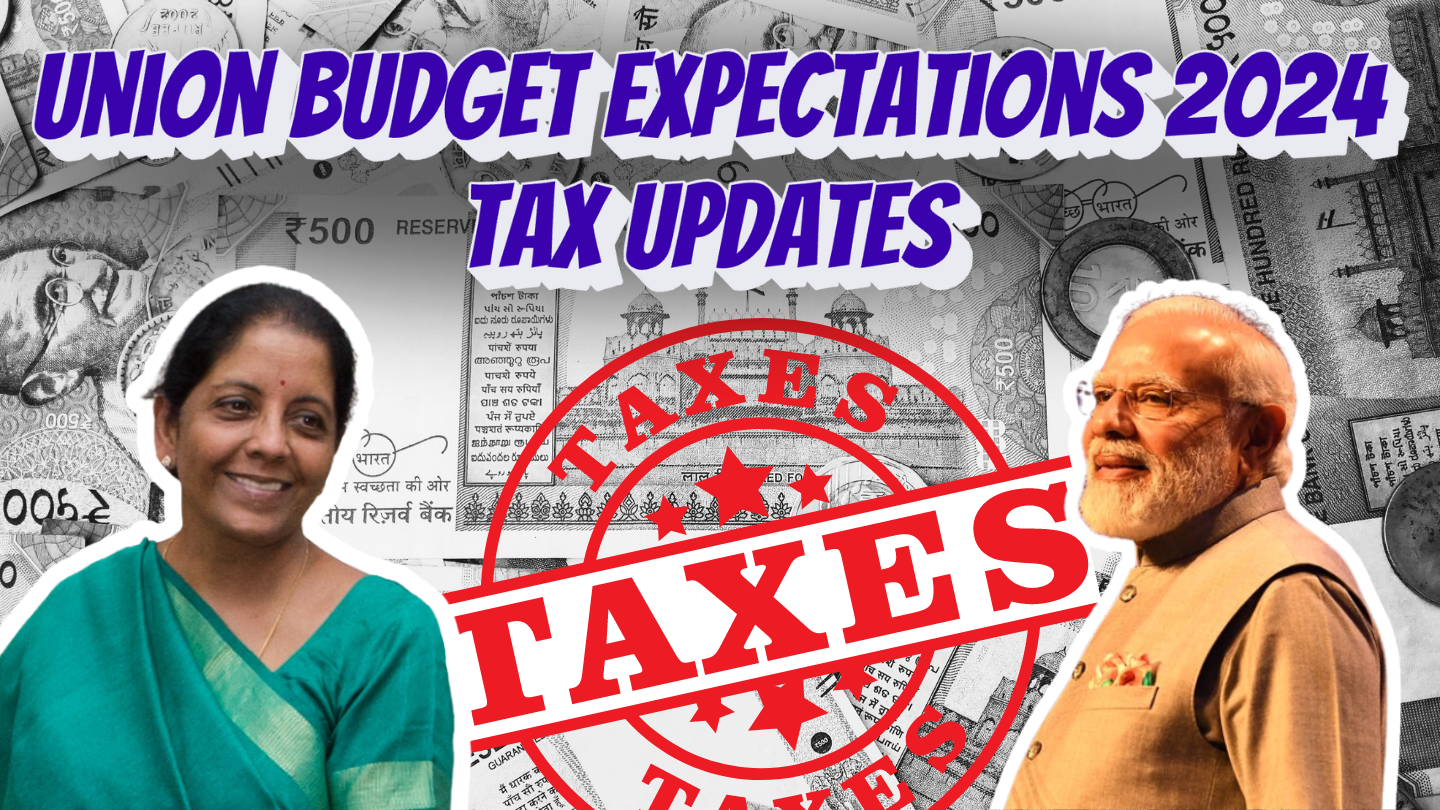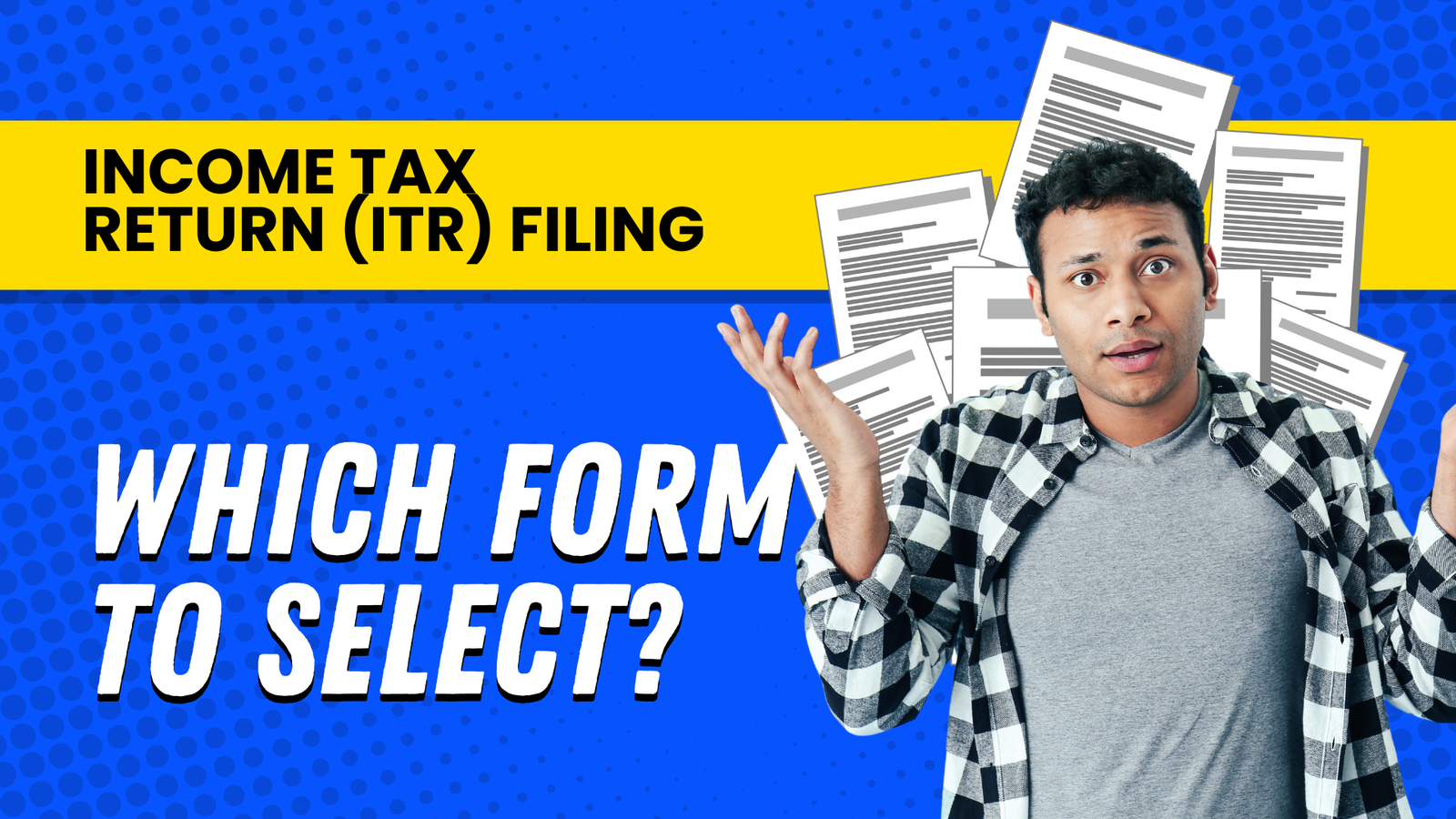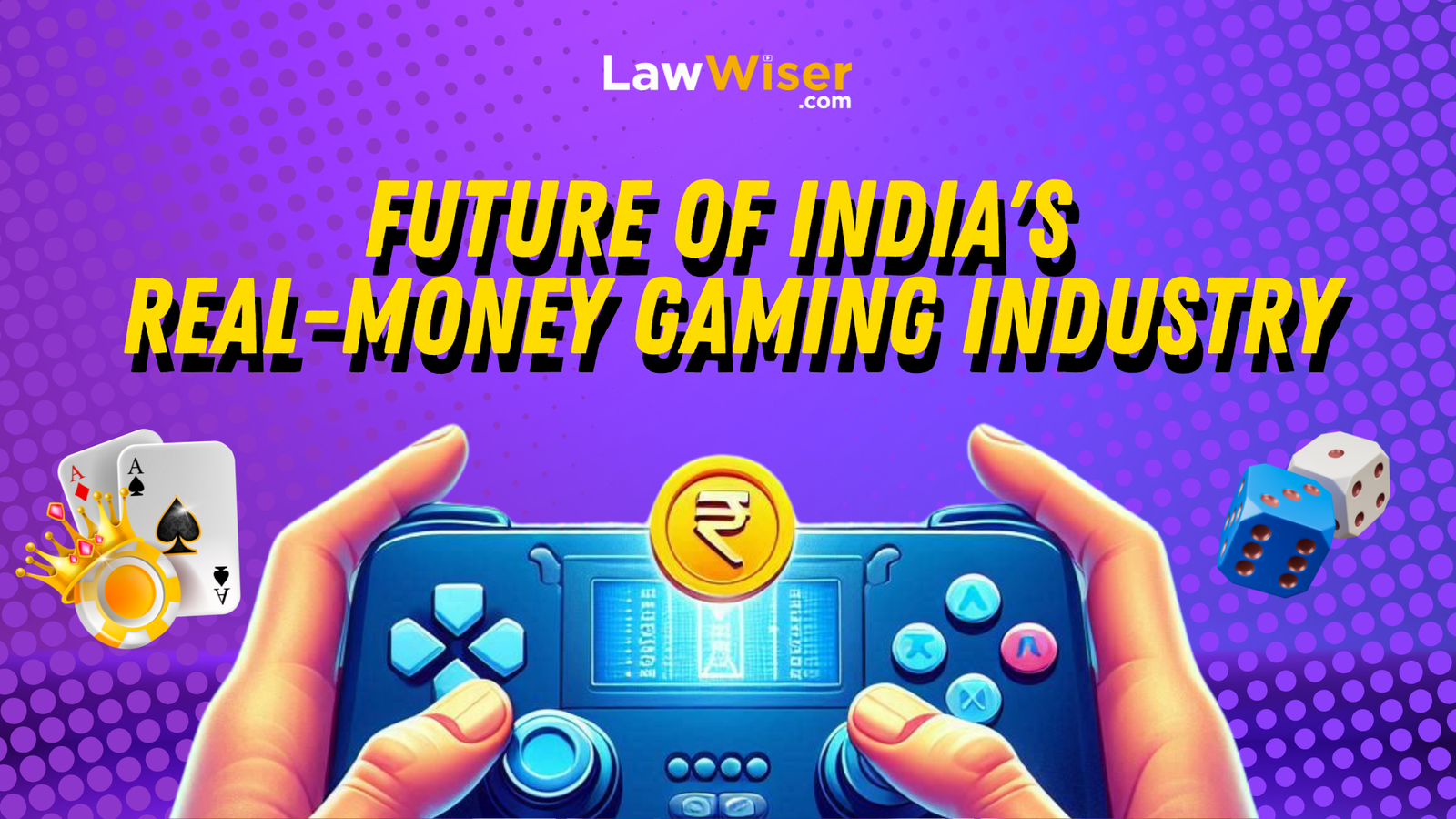Electoral Bonds : Explained | LawWiser | #QuickBytes
In the Union Budget speech in February 2017, Arun Jaitley, the Finance Minister at that time, expressed that even after 70 years of independence, the country had not established a transparent method of funding political parties, crucial for ensuring free and fair elections. Consequently, in an effort to cleanse the system of funding for political parties, the government introduced the electoral bond scheme by amending four key legislations: the Foreign Contribution Regulation Act, 2010 (FCRA), Representation of the People Act, 1951 (RoPA), Income Tax Act, 1961, and the Companies Act, 2013.
The scheme facilitates anonymous donations to political parties in India, freeing them from the obligation to disclose the source and amount of such donations. However, does this genuinely create transparency? Let’s delve into it.
Firstly, let’s understand what Electoral Bonds are. Electoral Bonds are interest-free bearer bonds that companies and individuals can purchase from authorized branches of the State Bank of India. These bonds are sold in denominations of Rs 1,000, Rs 10,000, Rs 1 lakh, Rs 10 lakhs, and Rs 1 crore. They are procured through a KYC compliant account and are used for making donations to a political party. Political parties are required to encash these bonds within a certain period; otherwise, they are donated to the Prime Minister’s Relief Fund.
Before the introduction of this scheme, political parties were obligated to disclose all donations exceeding Rs 20,000 to the public. Moreover, any corporate entity was restricted from donating more than 7.5% of their profits and 10% of their revenue. Through Electoral Bonds, political parties that have secured at least 1% of the votes in the last Lok Sabha or state assembly elections and are registered under the Representation of the People Act are eligible to receive donations in verified accounts provided by the Election Commission of India. The bond amount can be deposited into these accounts within 15 days of purchase.
Now, let’s examine why this scheme has garnered significant attention and faced multiple arguments questioning its constitutionality and legality.
Firstly, it has been argued in court that the scheme violates the Right to Information under Article 19(1)(a) concerning political parties. Citing previous judgments, Prashant Bhushan highlighted that if citizens have the right to know about candidates, they also have the right to know about their funding sources.
Referring to corporations, Bhushan also presented circumstantial evidence suggesting that corporations might be offering kickbacks through electoral bonds to gain favor.
Another argument contends that the government’s removal of the 7.5% limit on annual profits and the allowance for Indian subsidiaries of foreign companies could lead to the use of shell companies for making donations.
Electoral bonds have been labeled as opaque, as only the government will know the contributors, potentially subjecting donations to opposition parties to scrutiny by investigative agencies. Kapil Sibal argued that the term “Electoral Bond” is misleading, as once the money is withdrawn, parties can use it for any purpose without accountability.
Sibal further argued that this scheme could shield criminals from prosecution under the Prevention of Corruption Act and Prevention of Money Laundering Act, as it might conceal the origins and purposes of funds.
Bhushan emphasized that these bonds disrupt the level playing field for opposition parties, citing statistics indicating a disproportionate receipt of funds by the ruling party compared to opposition parties.
Sibal also argued that this scheme is unfair to shareholders, as they invest money expecting corporations to function within a Memorandum of Understanding (MoU), but donating through these bonds doesn’t inform shareholders about how their money is spent.
The question remains whether these bonds truly aid in creating a transparent system. The Supreme Court is currently in session, listening to these arguments, and many await its decision eagerly. Stay tuned to Lawwiser for further updates!











